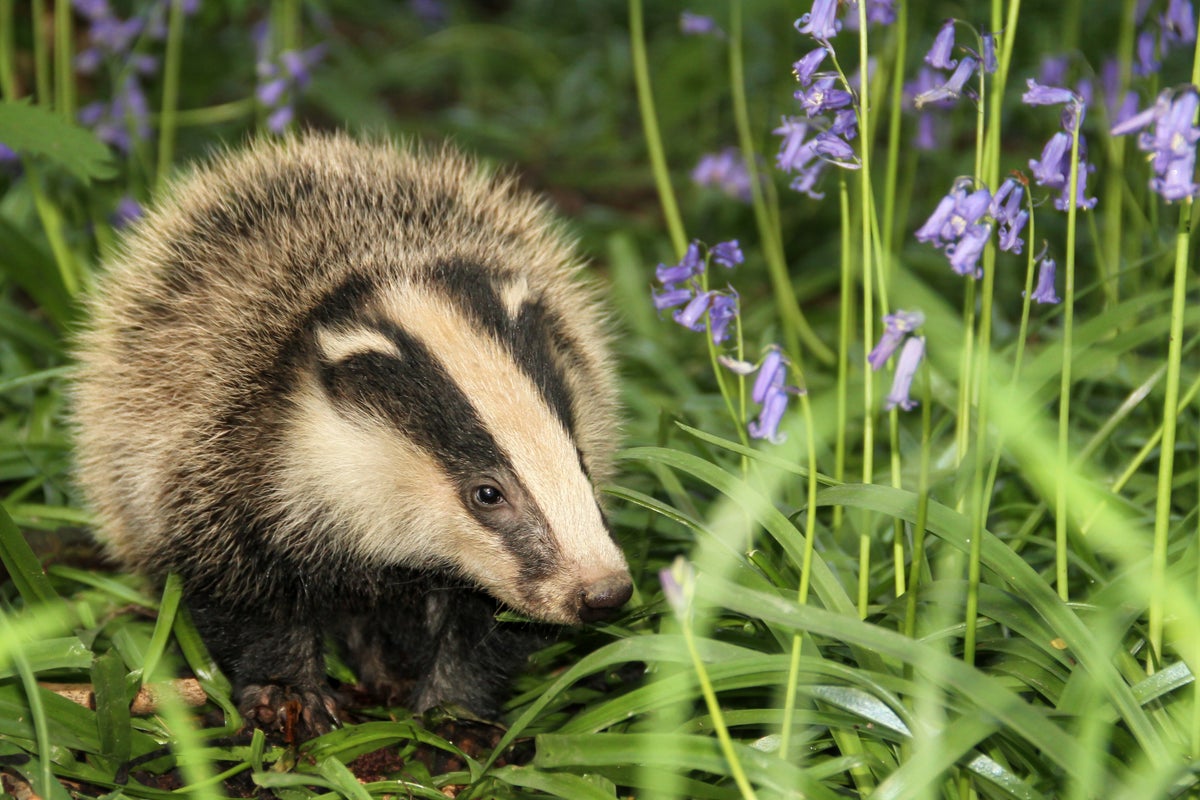Government officials have given the go-ahead for a fresh round of badger culling, starting immediately — against advice from their own scientific chief.
Natural England is believed to have authorised supplementary culls for this year in nine areas — from Derbyshire to Wiltshire — as part of a programme that began in 2013 to curb badger populations in an effort to tackle bovine tuberculosis (bTB).
Then, from September, culling periods are also set to be extended in another 10 areas, from the west country to Northamptonshire and Cumbria, sources say.
Natural England’s director of science Peter Brotherton recommended to his own officials that no supplementary culls be carried out this year, saying there was “no justification” for more culling.
The extensions come as opponents prepare to take the government to court to challenge the culling.
The Badger Trust and the Wild Justice organisation, jointly led by naturalist Chris Packham, have won permission for a full judicial review of the policy.
It’s feared the latest culls could mean 5,000 or more adult and cubs will be shot.
In its manifesto, Labour promised to end what it dubbed the “ineffective” badger cull.

Last year, 10,769 badgers were killed, sources have told The Independent, bringing the total killed in 12 years to around 240,000.
Last year, Dr Brotherton advised switching to badger vaccination but officials overruled him, leading to thousands more of the wild mammals being killed, including in two new areas of England.
The science chief now says he has reviewed two new papers published since last year, and that they did not change his mind.
In advice to Natural England’s operations team, obtained by ecologist and badger expert Tom Langton and seen by The Independent, he wrote: “Based on this evidence, my advice remains that I can find no justification for authorising further supplementary badger culls in 2025 for the purpose of preventing the spread of disease, and I recommend against doing so.”
But Natural England, the government’s nature adviser, is pushing ahead with supplementary cull licences in nine areas. Supplementary licences extend a formal cull – usually of four years – after it has ended.
Dr Brotherton concluded that the expected benefit from four years of culling already carried out should last for two years without more culling.
“Recent progress also gives further confidence that badger vaccination is a practical alternative to badger culling, supported by cattle-based measures,” he wrote.
Studies have shown that vaccination of cattle, if done over several years, can be effective, and the Conservatives pledged to phase out culling, replacing it with badger inoculations and better cattle testing.
Critics have accused both Conservative and now the Labour government of continuing the cull to retain the votes of farmers, who say bTB forces them to kill infected cattle early.
Mr Langton said new advice not to cull badgers was welcome and that Natural England’s decision was a “failed and cruel distraction that simply serves to push yet more farms into the misery” of cattle TB outbreaks.
“A policy due to end in 2038 has missed all its targets and will blight the UK beyond 2060 at a cost of £1billion per decade without fresh thinking.”
Nigel Palmer, chief executive of the Badger Trust, said 95 per cent of bTB transmission was cattle-to-cattle.
“This decision is utterly indefensible,” he said.
“The government has chosen to authorise another year of badger culling in the face of a legal challenge, scientific opposition, and public outrage. They promised change, but instead, are doubling down on a failed policy that has decimated badger populations without effectively tackling bovine TB.”
It’s understood that official government plans on supplementary licences will be announced later.
The Department for Environment, Food and Rural Affairs was asked to comment.




